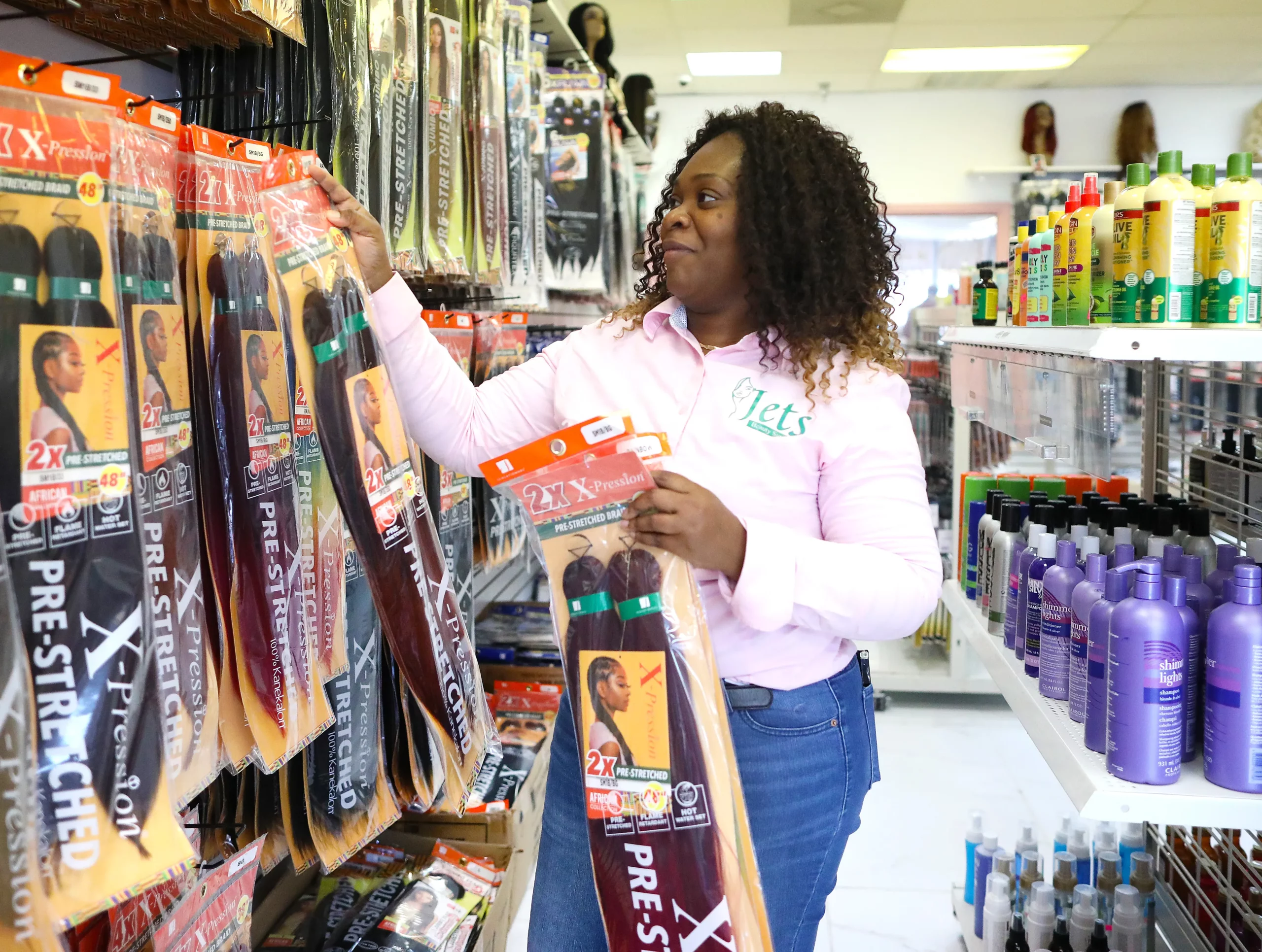Understanding that the most wanted products in Nigeria can change over time due to economic conditions, consumer preferences, and technology is important. Nigeria’s diverse population, including a growing middle class, means that desired products may vary by region, income level, and consumer preferences.
To start a successful business, it’s essential to follow these steps in the right order. Identify a client with a problem, offer a solution that meets their criteria, and you’ll be on your way to launching a business.
What Nigerians Buy Most and How to Make Money from It?

Nigeria offers a massive market for businesses, with about 1 in every 6 or 7 Africans being Nigerian, making it the largest market by population. English is widely spoken, especially by those with some level of education.
While businesses like hair/barbing salons and fashion design/tailoring are popular, they may not be as lucrative as retailing. However, starting these ventures can be challenging compared to retail.
Fashion Items, Hair Wig, And Extensions
If you’re interested in this business, you can start by selling unique products from specific brands like Zara, H&M, Gucci, Versace, Dolce, etc. Additionally, you have the option to sell different brands simultaneously.
In Nigeria, hair extensions are highly sought-after and rapidly selling products, both online and offline. The market includes wigs, weaves, extensions, human, and synthetic hair, making it a broad and lucrative business. Hair is a prized commodity, widely used by women of all ages, especially those who are fashion conscious.
In the current market, various styles and qualities of hair and extensions are available for online purchase, often branded based on ethnic or racial characteristics.
Consider investing in different types of hair, such as luxury virgin hair, pure Mongolian hair, finest Remy hair, sleek European weaves, Peruvian hair, etc. Additionally, you can expand your product range to include complementary items like shampoos, relaxers, hair lotions, detangling brushes, and more that enhance the use of wigs and extensions.
What are The Top Products That are Most Needed in Nigeria?

In Nigeria, there are numerous products that you can sell to make quick money, including online marketing, internet marketing, and telemarketing. To determine the best business for you, it’s neccessary to conduct thorough research.
Seeking advice from a business consultant or accountant can also guide you in starting on the right track. Commonly demanded products in Nigeria include:
1. Restaurant/Buka:
Starting a restaurant or buka is a lucrative business regardless of your location. If you’re a great cook or can hire one, consider beginning a restaurant business since people eat daily. You can start within your neighborhood, around a campus, or near commercial areas.
You may not need a fixed location; using a napep to transport your food to different spots can work. Ensure your meals are uniquely packaged, and provide a contact number for customer orders.
What are the Products that Should Hit the Nigerian Market but Not Yet in Nigeria?
Green Transport
The concept of Green Transport might seem unrealistic due to challenges like unstable power supply and Nigeria’s slow development. The ongoing fuel scarcity exacerbates transportation difficulties, affecting both daily commutes and travel to villages.
Current obstacles, including corruption and power instability, make the implementation of Green Transport, especially electric vehicles, a gradual process. Despite these challenges, the idea holds potential for addressing issues like fuel scarcity and improving transportation in the country.
Fuel scarcity in Nigeria is expected to persist due to various factors:
- Volatility in oil prices.
- Anticipated long-term decline in oil prices as global shift towards green power increases.
- Nigeria’s lack of domestic oil refining capabilities.
- Challenges with compensating oil marketers, affecting imports.
- The country’s nearly 200 million population, with a significant portion relying on transportation.
While there are likely individuals owning Teslas in Nigeria, their impact is minimal. The adoption of green transport, though slow, could significantly benefit the country. Imagining a market with solar-powered buses, akin to Uganda’s Kayoola prototype, could mitigate fuel scarcity issues and reduce transportation costs for many Nigerians.
Though the idea may appear far-fetched considering challenges like corruption and power instability, it remains theoretically possible, offering hope for a better future.



















